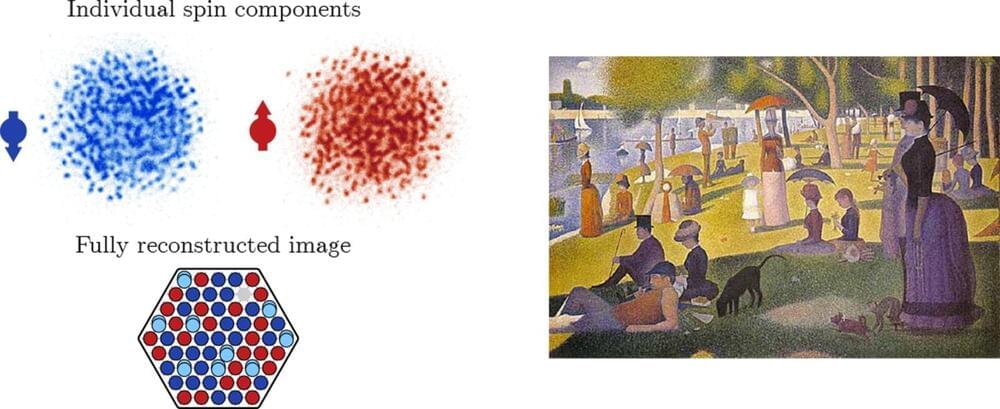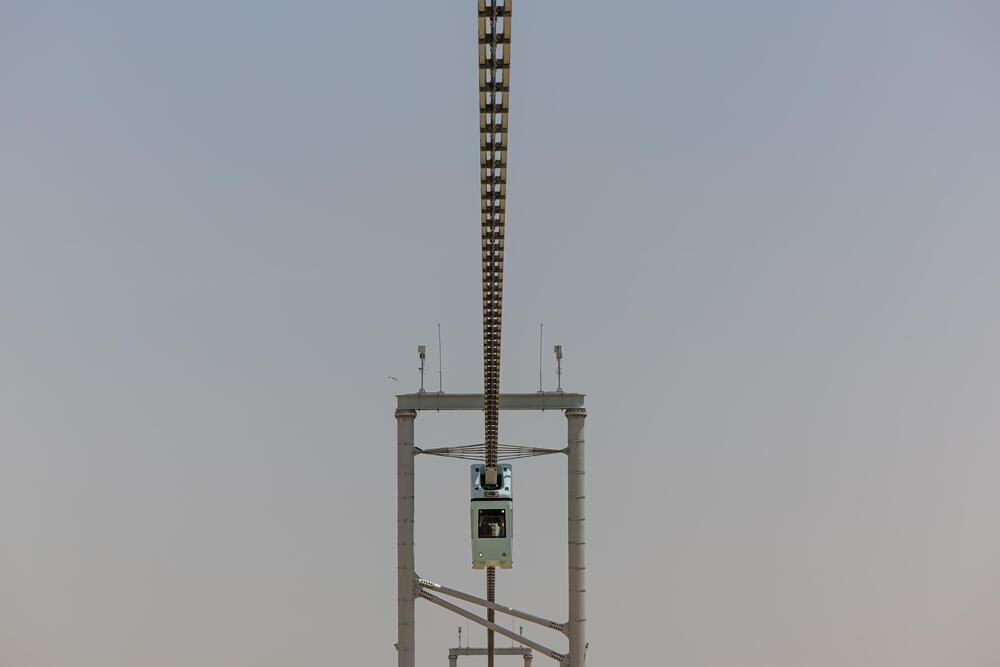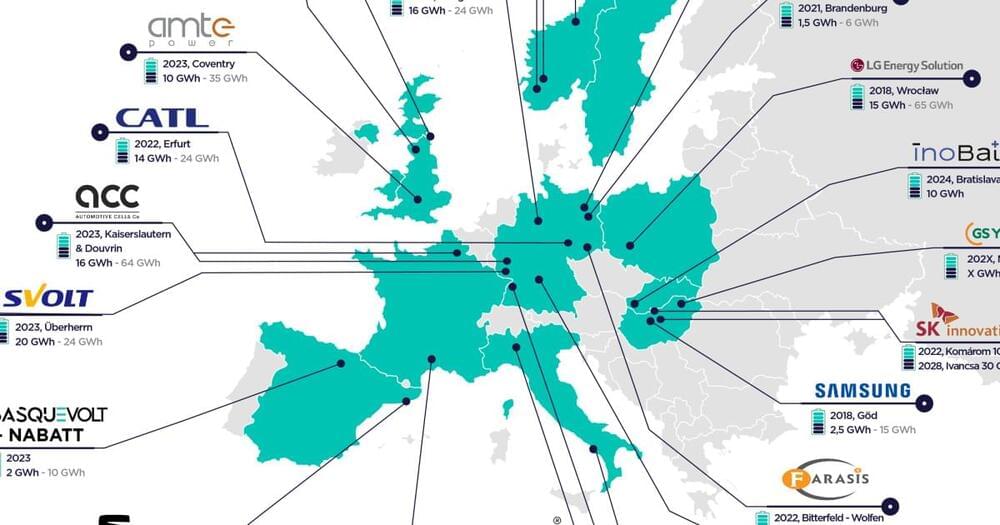May 10, 2024
Quantum simulators solve physics puzzles with colored dots
Posted by Quinn Sena in categories: futurism, quantum physics
By analyzing images made of colored dots created by quantum simulators, ETH researchers have studied a special kind of magnetism. In the future this method could also be used to solve other physics puzzles, for instance in superconductivity.

















